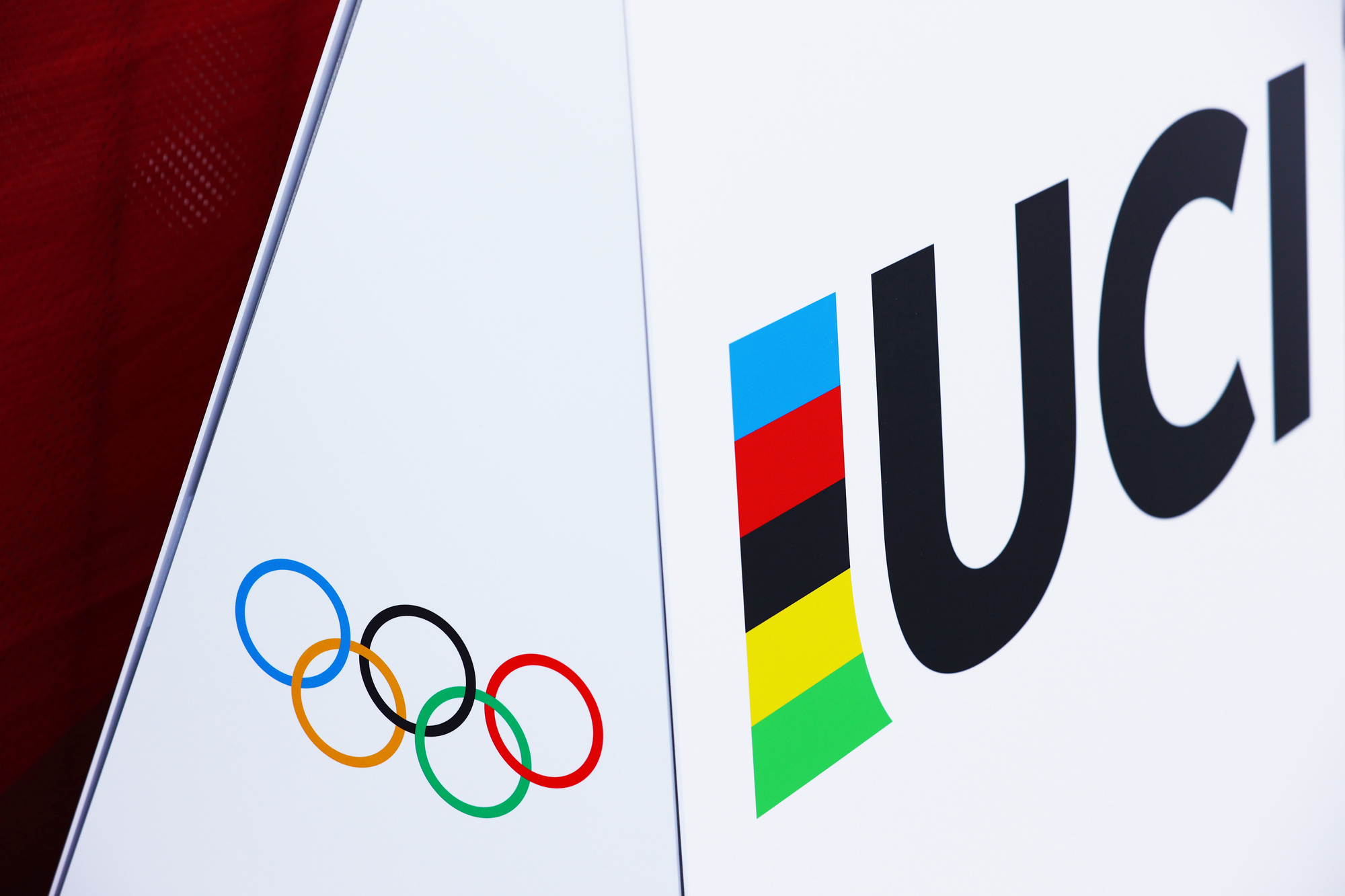UCI and other sports bodies will have to decide if they incorporate IOC's new transgender guidelines
New guidelines will not take place until after the Beijing Winter Olympics


The latest race content, interviews, features, reviews and expert buying guides, direct to your inbox!
You are now subscribed
Your newsletter sign-up was successful
The International Olympic Committee has updated its guidelines in relation to the participation of transgender women within competitive sport, but has shifted the onus onto each sport to decide if they follow the rules or not.
In a marked difference from the 2015 guidelines that stated that trans women had to reduce their testosterone levels to under 10 n/mol per litre for at least a period covering 12 months before being allowed to complete, the IOC have now reversed that requirement.
The new framework - which doesn't come into effect until after the forthcoming Beijing Winter Olympics - now says that transgender women no longer need to suppress their testosterone levels to compete in female sports.
It adds that there should not be any presumption that trans women possess an advantage over natal women, a ruling that is likely to cause some disagreement within sports.
Despite the new updated rules, however, the IOC has refrained from introducing them across the board and will allow individual sports to determine their own rules, allowing for restrictions to be placed on trans women competing in female categories in the interest of fair and safe competition.
The IOC's 10-point document advised that sports should make their decisions based on "robust and peer-reviewed science...which demonstrates a consistent, unfair and disproportionate competitive advantage and/or unpreventable risk to the safety of the athletes."
In responding to the IOC's announcement, when asked for a statement by Cycling Weekly, the UCI refered back to their their last updates on the matter in 2020, setting out that they require trans women to lower their testosterone levels to 5nmol/L, half the amount stipulated in the IOC's previous framework.
The latest race content, interviews, features, reviews and expert buying guides, direct to your inbox!
Reasoning why the low figure, the UCI said that it was because on average women have testosterone levels between 0 and 1.7 mol/L; most trans women, however, have testosterone levels that sit well below the 5 nmol/L mark.
Athletes with differences in sex development, such as the South African runner Caster Semenya, are also covered by the new framework, meaning in principal she would be eligible to compete, should World Athletics decide to implement the UCI's rulings.
In 2018, Rachel McKinnon became the first transgender athlete to win a cycling world title when the Canadian won the women's 35-44 sprint during the UCI World Masters Track Championships. She retained her title the following year.
A freelance sports journalist and podcaster, you'll mostly find Chris's byline attached to news scoops, profile interviews and long reads across a variety of different publications. He has been writing regularly for Cycling Weekly since 2013. In 2024 he released a seven-part podcast documentary, Ghost in the Machine, about motor doping in cycling.
Previously a ski, hiking and cycling guide in the Canadian Rockies and Spanish Pyrenees, he almost certainly holds the record for the most number of interviews conducted from snowy mountains. He lives in Valencia, Spain.
